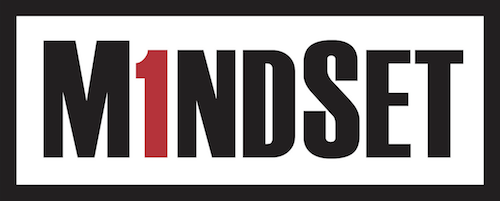Few would dispute that time is valuable – far too valuable to squander. And most would agree that the enjoyment of time is to a considerable degree influenced (and often completely determined) by the quality of the humans with whom we surround ourselves; the better and the more enjoyable those people are, the more we benefit and enjoy our time and existence.
As we go through life, think of how many situations we are in where we have relatively little control as to the quality of people around us. When we go to the football game, we have little control over who will be seated around us. Go to a concert or movie? Same thing. When we go to the store to pick up some milk, we have no control over whom we will interact with. When we go to school, we are largely at the whim of whoever enters our class and whoever teaches. If we run a retail store, we have almost no control over who will walk in the front door. Even when we rent an apartment or purchase a home, we have little control over who will be living right beside us.
But if you are a leader, a supervisor, or hold a lead position in HR, you have influence in personnel decisions. This means you have one of the truly prized opportunities in life: the opportunity to decide with whom you (and those around you) will spend time. And if you agree that your success will be influenced by those with whom you surround yourself, then it follows that your success will also be impacted by those you choose to avoid. Allow yourself to be surrounded with negative and disengaged individuals and you will likely become more negative and disengaged. Such individuals (called Vacuums in MindSet terminology) drain energy from us and pollute the work setting.
Leaders too often tolerate employees who regularly exhibit attitudinal and behavioral deficits, and results from MindSet’s Culture Health Survey suggest such leaders are paying a steep price for such negligence. Across industries, we are finding good employees to be frustrated a by this failure of leadership to uphold standards.
The problem is sometimes traceable to a failure to grasp one of MindSet’s prime insights: the need to have a clear, strategic vision for cultural health – a vision that should include an overt statement of the attitudinal and behavioral expectations for all employees. When that exists, but standards are not upheld, the problem is a failure to embrace MindSet’s fourth leadership principle: protect the right of good staff to work with good staff. Not only does this blind spot inhibit the growth of a successful business, it is also painful to watch as the ball is dropped on one of the valuable and rare opportunities we have in life: to control with whom we spend our most treasured asset – time!
Don’t squander one of the biggest benefits of being a leader: the opportunity to surround yourself with a clump of talented, dynamic, positive, and successful people. To settle for anything less…well, it’s a stupid thing leaders do and can ruin culture health.

Founder of MindSet, LLC.

